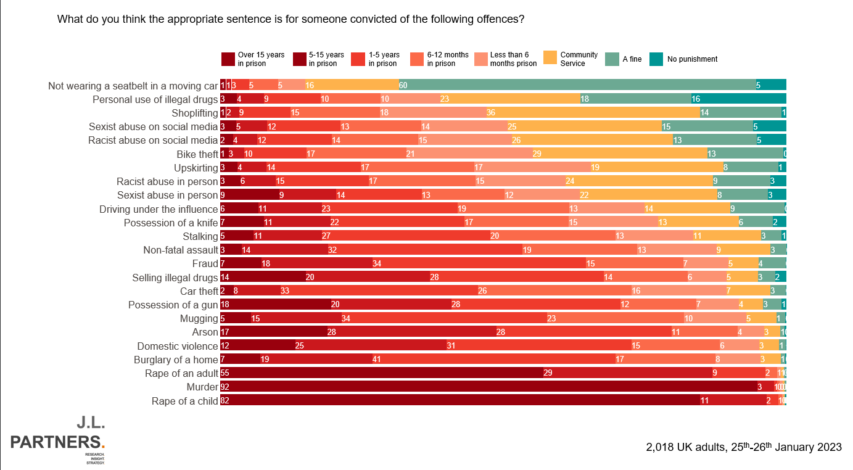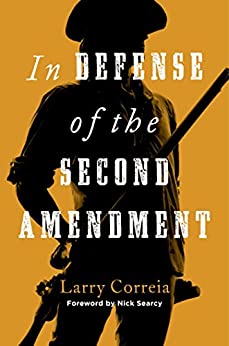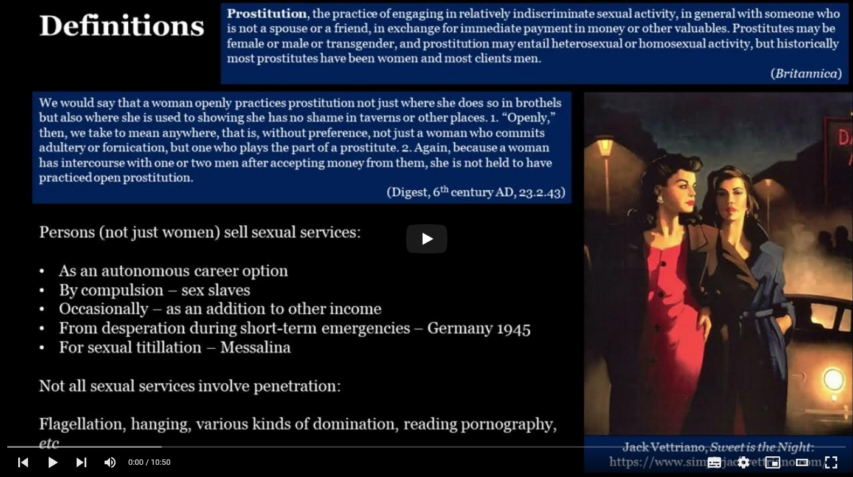J.D. Tuccille on the latest bipartisan attempt to at least somewhat rein in the Civil Asset Forfeiture abuse allowed under current rules:
Years after “civil asset forfeiture” became synonymous in many minds with legalized theft, the practice of seizing money and property merely suspected of a connection to a crime remains a boil on the ass of American jurisprudence. Now, in a rare demonstration of cooperation across political divides, Democratic and Republican lawmakers have joined together to introduce legislation to reform the practice of civil forfeiture at the federal level. They are supported by a coalition of organizations that put aside ideological differences in an attempt to curb the dangerous practice. As encouraging as the bill’s prospects appear, that this is not the first attempt to pass this legislation underlines the challenge of correcting government abuses.
“Today, U.S. Representatives Tim Walberg (R-MI) and Jamie Raskin (D-MD) reintroduced the Fifth Amendment Integrity Restoration Act (FAIR Act), a comprehensive reform to our nation’s civil asset forfeiture laws,” the two lawmakers announced in March. “The FAIR Act raises the level of proof necessary for the federal government to seize property, reforms the IRS structuring statute to protect innocent small business owners, and increases transparency and congressional oversight.”
The FAIR Act sets a higher bar for seizing private property, but still allows for civil forfeiture in the absence of a criminal conviction. The legislation requires:
“If the Government’s theory of forfeiture is that the property was used to commit or facilitate the commission of a criminal offense, or was involved in the commission of a criminal offense, the Government shall establish, by clear and convincing evidence, that … there was a substantial connection between the property and the offense; and the owner of any interest in the seized property — (i) used the property with intent to facilitate the offense; or knowingly consented or was willfully blind to the use of the property by another in connection with the offense.”
The bill requires that seizures be conducted in court rather than through administrative processes and also guarantees legal representation for federal forfeiture targets.
The FAIR Act isn’t a perfect bill. Many reformers will object that forfeiture should require the criminal conviction of the person whose money and property is being taken. Draining somebody’s bank account and nabbing their car keys may not be as dramatic as throwing them in a prison cell, but it’s a harsh punishment all the same and should require full due process. Still, some improvement is better than none for a practice that has largely served as an exercise in legalized highway robbery.

















